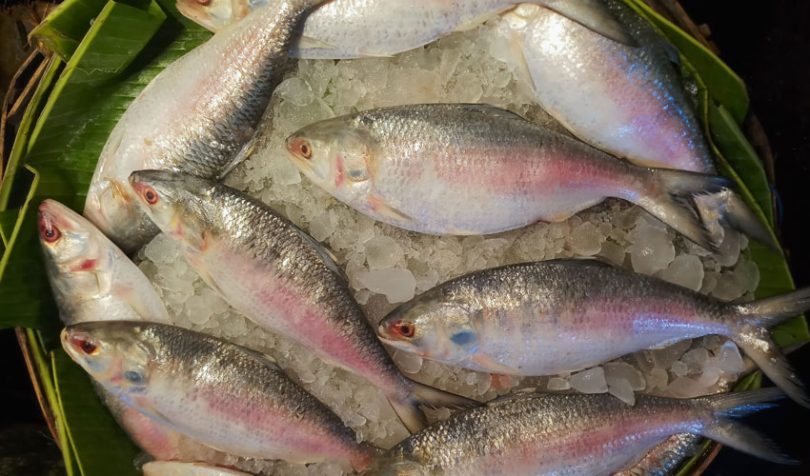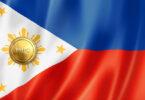Today, it was announced that the World Wide Fund for Nature (WWF) Philippines and UnionBank are collaborating to develop a blockchain-based fish traceability platform. Finnish consulting firm TX and blockchain protocol Streamr will also work on building Tracey, the blockchain app for the fishing sector.
There’s a two-pronged approach — facilitating sustainable fishing and providing financial support to the fishers. The group hopes to achieve this by incentivizing data input, that is by paying workers for uploading catch data such as location and species. This information will be shared with the WWF, government agencies and other third-party organizations who will pay for it.
As the data is being uploaded and analyzed, a credit score will be built for every fisher, enabling them to get access to microfinance. The Tracey app will provide UnionBank with information about potential clients, and the catch and trade data will be used to generate the credit rating. Existing checks and balances within the fisheries ecosystem will be used to prevent fraudulent data input.
“Small fishers in many coastal countries remain poor despite the high-value fish they catch, like yellowfin tuna,” said Susan Roxas, Fisheries and Finance Lead for WWF’s Coral Triangle Program.
Roxas continued: “This (Tracey) then creates possibilities for a more equitable distribution of supply chain benefits, through measures that prevent Illegal, unreported and unregulated (IUU) fishing and ensures sustainable production.”
Role of Streamr
Streamr is a Swiss initiative which launched in 2017 and ran a token sale in early 2018 raised almost $38 million. It is an open-source project using real-time inputs to monetize data.
The Tracey app will be built on top of Streamr and leverage its blockchain network. The data stream will be connected to Streamr Marketplace, where third parties can pay to access it. This revenue will then be transferred to fishers. UnionBank of the Philippines will provide Know Your Client (KYC) support for the app, a Peso stable coin and a digital wallet.
UnionBank also has other blockchain initiatives and is using the technology to help rural banks to access the main banking network and for a remittance service between Singapore and the Philippines. The bank’s fintech subsidiary UBX and PingAn’s OneConnect recently launched a smart lending platform called SeekCap for SMEs.
Meanwhile, the first pilot of the Tracey project is planned for mid-2020, which will take place at WWF-Philippines’ Fishery Improvement Project (FIP) sites in Bicol and Mindoro. Depending on the outcome of the pilot, the project will be extended to other FIP sites in South East Asia in collaboration with local banks.
Other sustainability projects
A recent Globescan survey found that 70% of consumers want to know more about the sustainability of the seafood they eat.
WWF Australia is working with a unit of Boston Consulting Group on a supply chain blockchain OpenSC, with a focus on sustainability. The platform has raised $4 million in a seed round and partnered with Nestlé.
Swiss food company Gustav Gerig is using blockchain for fish traceability. The fish are being sourced and canned by Pacifical, whose vessels have a Marine Steward Council (MSC) trained observer on board to upload data about the catch. The emphasis is on sustainability.
U.S.-based Bumble Bee Foods is live on the SAP blockchain to record data such as fair trade fishing certification, sustainability, safety and freshness, among other things.
A big name in food traceability is IBM Food Trust, whose member list includes the Sustainable Shrimp Partnership, allowing buyers to trace shrimp back to the source.






